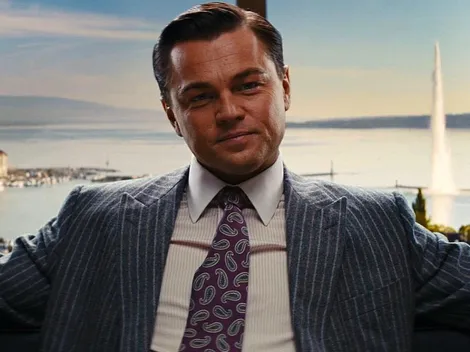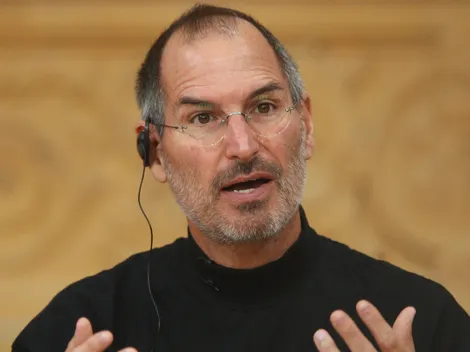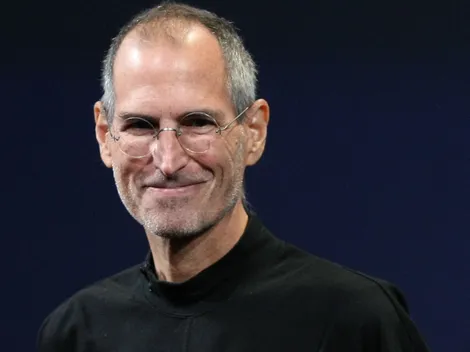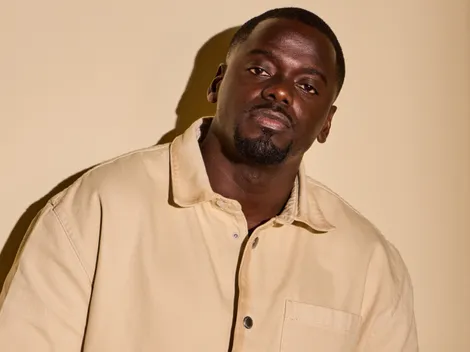His family confirmed that the revered neo-soul pioneer passed away due to cancer after a prolonged and courageous battle, marking a somber day for fans and artists alike who were profoundly touched by his singular artistry.

D’Angelo performs live for fans at the 2016 Byron Bay Bluesfest on March 24, 2016 in Byron Bay, Australia. (Photo by Mark Metcalfe/Getty Images)
A Quiet Storm: His Unique Influence
D’Angelo emerged in the mid-1990s as a transformative force in R&B, almost single-handedly ushering in the era of neo-soul. His debut album, “Brown Sugar” (1995), was a revelation, blending classic soul and funk influences with hip-hop rhythms, jazz harmonies, and a raw, intimate sensibility.
He wasn’t just a singer; he was a multi-instrumentalist, a masterful songwriter, and a producer who meticulously crafted his sound. His music felt simultaneously retro and groundbreaking, a “quiet storm” that offered a sophisticated alternative to the more commercial R&B of the time. He drew inspiration from legends like Marvin Gaye, Prince, and Stevie Wonder, yet forged a distinct path.
Voodoo: A Magnum Opus
His sophomore album, “Voodoo” (2000), solidified his legendary status and remains a pivotal work in modern music. Eight years in the making, Voodoo was a sprawling, experimental masterpiece that delved deeper into funk, gospel, and Afrocentric rhythms. It was a dense, challenging, and ultimately rewarding listen, showcasing D’Angelo’s fearless artistic evolution. The album earned him a Grammy Award for Best R&B Album and critical acclaim that continues to this day. Its influence can be heard across genres, inspiring countless R&B, hip-hop, and even indie artists who sought to replicate its raw, unpolished, and deeply soulful sound.
The Return and Enduring Spirit

Musician D’Angelo plays a private concert at a media event announcing updates to the music streaming application Spotify on May 20, 2015 in New York City. Photo by Andrew Burton/Getty Images)
Following the immense success of Voodoo, D’Angelo largely retreated from the public eye, facing personal struggles that he would later address. His highly anticipated return came with “Black Messiah” (2014), released nearly 15 years after Voodoo. The album was met with universal critical adoration, hailed as a triumphant comeback that proved his enduring genius.
D’Angelo’s impact on music goes beyond sales and awards. He was an artist who prioritized artistic integrity above all else, inspiring a generation of musicians to delve deeper into their craft and explore the emotional complexities of soul music.





